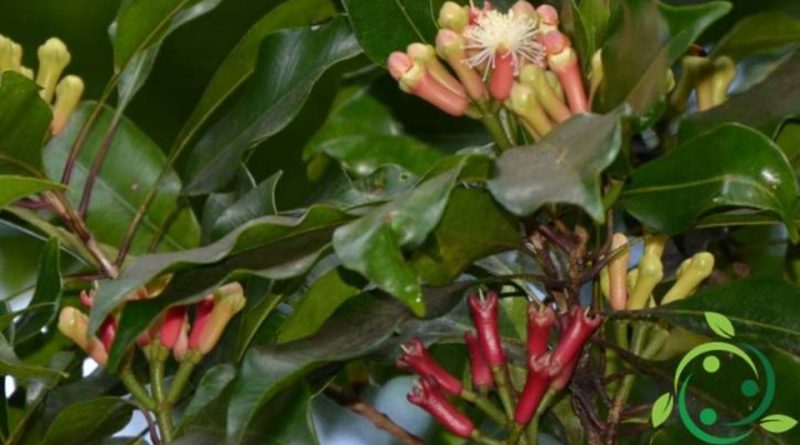How to grow cloves
How to grow cloves
Cloves are the flower buds of the plant, known as Eugenia caryophyllata (Syzygium aromaticum (L.) Merr. & L.M.Perry) which is an arboreal species belonging to the Myrtaceae family.
We state that the cultivation of the clove plant, outside its area of origin (Indonesia) is not very easy.
Syzygium aromaticum is a plant that in Italy and in temperate countries can be grown on condition that certain soil and climatic conditions are respected.
It is a plant that particularly suffers from frosts, so it can be grown in the southernmost environments, and by the sea, where the possibility of frosts is minimal.
It can otherwise be grown in a cold greenhouse or even in an apartment (at least in the winter for potted plants) provided that good lighting conditions are respected but never placed in direct sunlight.
The ideal soil for this plant is moderately humid, well-drained and with a pH tending to acid. So these are non-calcareous soils, possibly siliceous, and with a texture tending to medium texture.
The propagation of Syzygium aromaticum occurs by seed, taking care to sow in the spring period; the seedlings can be developed in pots after which they can be placed in the definitive place of residence.
However, it must be considered that, before seeing them bloom, it will still be necessary to wait 4 or 5 years.
As far as water needs are concerned, this plant must be watered regularly, taking care to check, however, before each water supply, that the soil is not excessively humid.
Obviously in the apartment and in pots the hygrometric conditions are completely different so it is necessary to place the plants in large pots, with a few cm of expanded clay at the base to ensure excellent drainage. Potted just water every two weeks or so, always checking if the soil in the first layers hasn’t dried out too much.
Fertilization will change if we grow in the open field or in pots.
In the open field it is good to apply a fertilization before the plant with well humified organic substance (such as manure fertilizers) to be made a few days before in the planting hole.
In pots you can also opt for earthworm humus or other well-humified organic substance. Then periodically an annual supplement must be made for plants in the open field and half-yearly, during the growing season) for those in pots.
The plant can be subject to attacks by fungi, aphids and mealybugs. It is recommended to always intervene with natural products, both in pots, to avoid dangerous drifts of chemicals in the environment where you live and in the open field to avoid negative interference with fauna and entomofauna.

